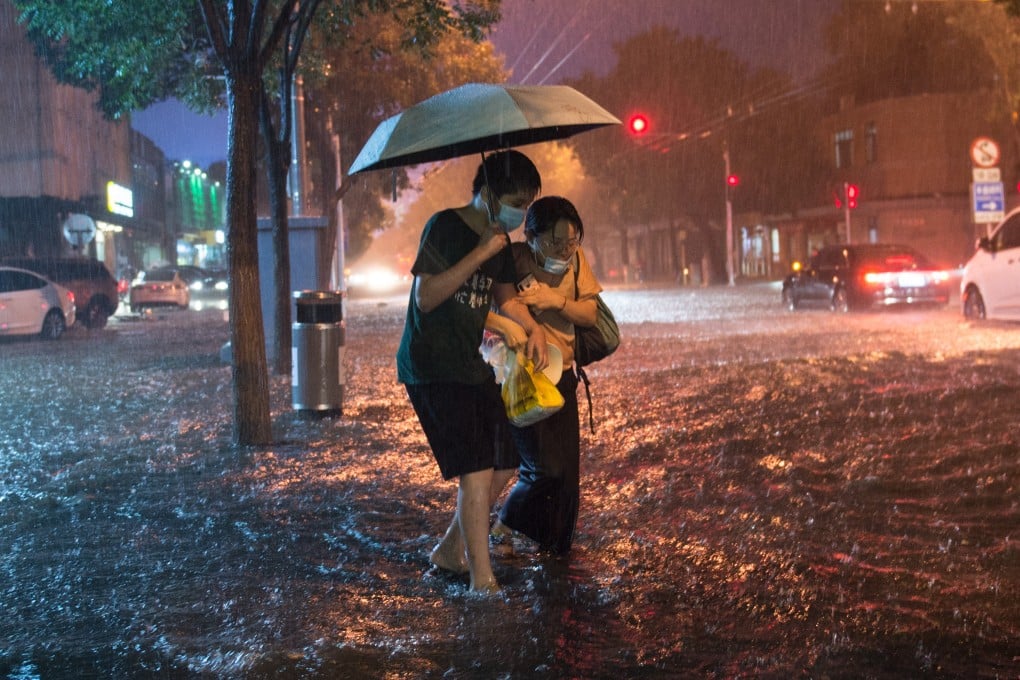What are China’s ‘sponge cities’? The urban flooding solution that’s being trialed across the country to counter an increasingly deadly problem
- China is re-engineering old cities and designing new ones to accept, rather than fight, natural water flows in a vast project spearheaded by ‘water detectives’

What does water want? This radical question runs counter to mainstream culture’s well-established urge to control water with dams and levees. But as increasingly severe and frequent floods and droughts strike people around the world, “water detectives” are realising that it’s not just climate change amping up these disasters, but also our development choices: urban sprawl, industrial agriculture, and even the engineering we use to try to control water.
As China’s cities face more and more flooding, scientists and engineers are finding new ways to bring cities more in line with natural water flows, as Erica Gies explains in this excerpt from her book Water Always Wins: Thriving in an Age of Drought and Deluge (2022).
In its liquid state, with sufficient quantity or gravity, water can rush across the land in torrential rivers or tumble in awe-inspiring waterfalls. But it is also inclined to linger to a degree that might surprise many of us, because the infrastructure of the modern world has erased so many of water’s slow phases, instead confining it, containing it, or speeding it away.
These slow stages are particularly vulnerable to human interference, because they tend to occur in flatter places – once floodplains and wetlands – that we blocked or drained so that we could settle.

But when water slows and stalls on land, that’s when the magic happens, providing habitat and food for many forms of life above and below. The key to greater resilience, say the water detectives, is to find ways to let water be water, to reclaim space for it to interact with the land.
Innovative water management projects aim to slow water on land in some approximation of natural patterns. For that reason, I’ve come to think of this movement as “Slow Water”.
